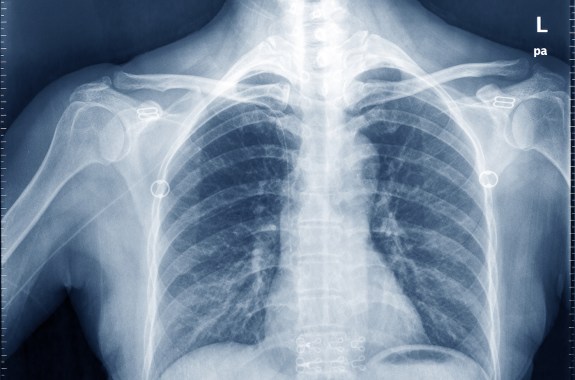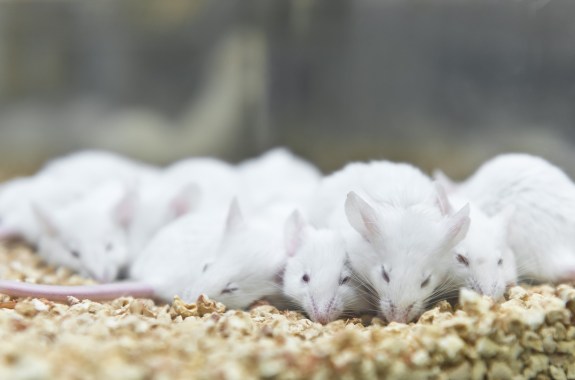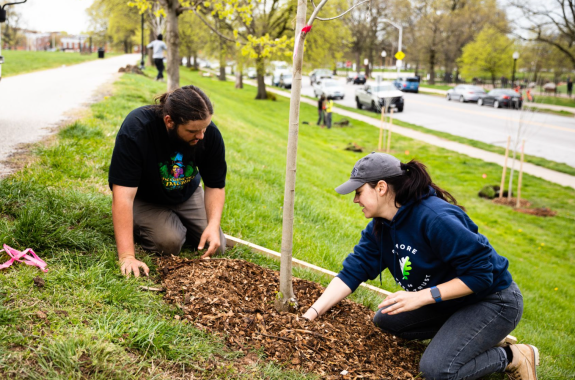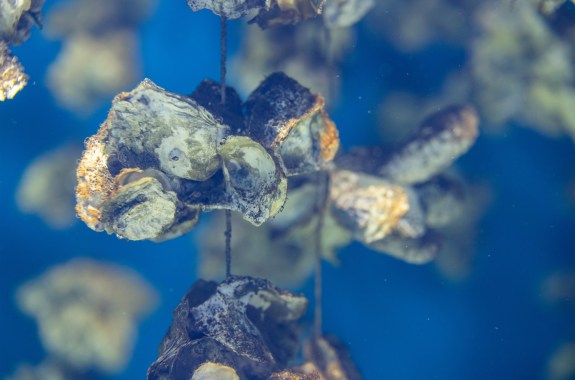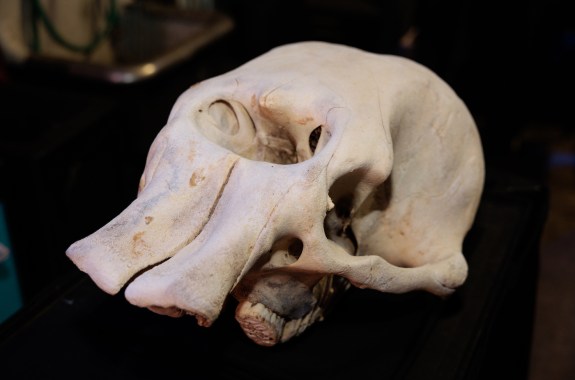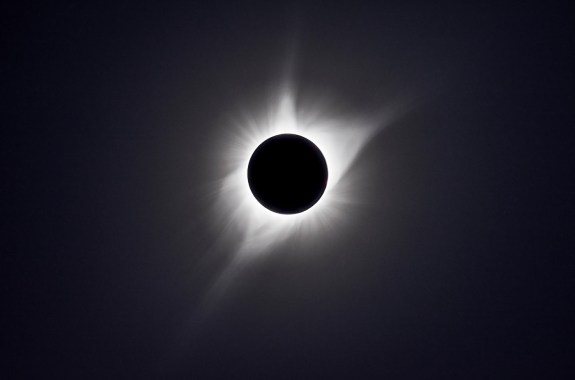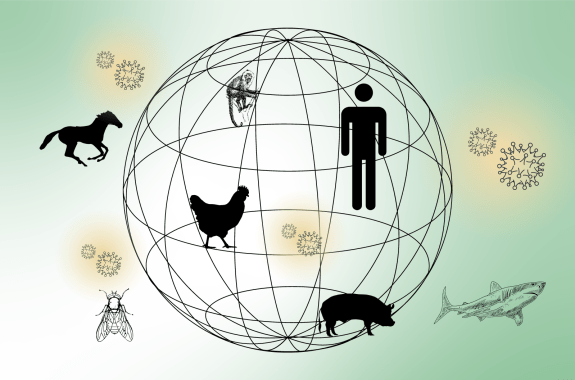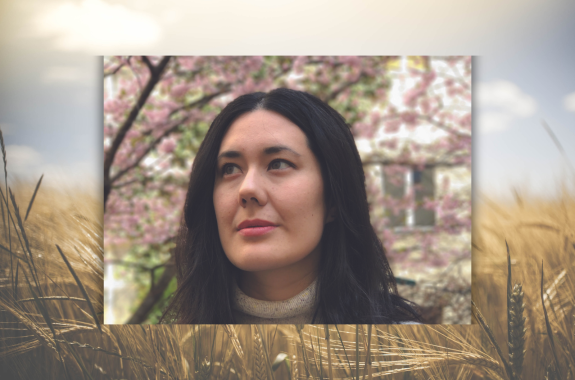Radio
Listen to Science Friday live on Fridays from 2-4 p.m. ET
February 21, 2025
The CEO of one of America’s oldest scientific societies discusses the recent cuts to scientific institutions, and how scientists can respond. Plus, flu infections are the highest they’ve been in nearly 30 years, and flu deaths this winter have surpassed COVID deaths. And, a video of a gloriously creepy anglerfish inspired tears and poetry online.
7:38
How AI Could Predict Heart Disease From Chest X-Rays
Dr. Eric Topol discusses the promise of “opportunistic” AI, using medical scans for unintended diagnostic purposes.
9:03
Neurons ‘Tag’ New Memories For Storage During Sleep
A study in mice found that the brain tags new memories through a “sharp wave ripple” mechanism that then repeats during sleep.
12:06
How Trees Keep D.C. And Baltimore Cool
Satellite technology—and community outreach—can help harness trees’ cooling power for city residents.
17:15
Eating More Oysters Helps Us—And The Chesapeake Bay
In the ever-changing and biodiverse Chesapeake Bay, conservation, aquaculture, and food production go hand in hand.
17:03
Investigating Animal Deaths At The National Zoo
When an animal dies at Washington, D.C.’s National Zoo, a pathologist gathers clues about its health and death from a necropsy.
16:32
Answering Your Questions About Monday’s Eclipse
On April 8, a total solar eclipse will plunge parts of North America into darkness. Scientists answer the questions you asked.
11:44
The Engineering Behind Why The Bridge In Baltimore Collapsed
We look into the engineering reasons why the Francis Scott Key bridge collapsed after a ship crashed into it.
7:22
Mapping Out How Viruses Jump Between Species
A new analysis finds that more viruses spread from humans to animals than from animals to humans.
9:53
How ‘3 Body Problem’ Explores The Laws Of Physics
Particle accelerators, nanofibers, and solar physics: The science advisor for the Netflix adaptation breaks down the physics in the show.
12:08
In Defense Of ‘Out Of Place’ Plants
In her new book, Jessica J. Lee looks at how humans have moved plants around the globe–and how our migrations are intertwined with theirs.
